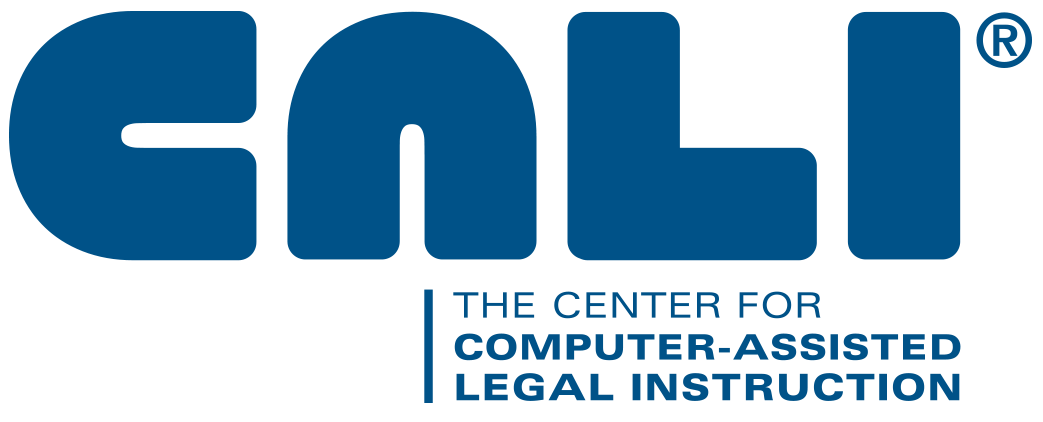Table of Contents
I. Introduction to Some Basic Concepts
V. Not All Income Is Taxed Alike
VI. Illustration of the Tax Formula
VII. Statements of Tax Law and the Role of Courts
VIII. Some Income Tax Policy and Some Income Tax Principles
IX. What We Tax: What Is Income?
Wrap-up Questions for Chapter 1
Chapter 2: What Is Gross Income: Section 61 and the Sixteenth Amendment
I. The Constitutional and Statutory Definitions of “Gross Income”
II. The Constitutional and Statutory Definitions of “Gross Income:” Accessions to Wealth
III. The Constitutional and Statutory Definitions of “Gross Income:” Realization
IV. The Constitutional and Statutory Definitions of “Gross Income:” Dominion and Control
Wrap-up Questions for Chapter 2
Chapter 3: Exclusions from Gross Income
I. The Society and Government that We Want
III. Employment-Based Exclusions from Gross Income
Wrap-up Questions for Chapter 3
Chapter 4: Loans and Cancellation of Indebtedness
I. Tax Consequences of Borrowing Money
II. Cancellation of Indebtedness
III. Is It a Loan? Is There an Accession to Wealth?
IV. Section 108(a)’s Other Provisions
V. Transactions Involving Property Subject to a Loan
VI. Transactions Treated as Loans
Wrap-up Questions for Chapter 4
Chapter 5: Progressivity and Assignment of Income
II. Income Splitting: the Joint Return
III. Income Derived from Property
IV. Interest Free Loans and Unstated Interest
Wrap-Up Questions for Chapter 5
Chapter 6: Deductions: Business Expenses
II. Deductibility Under §§ 162 or 212
III. Depreciation, Amortization, and Cost Recovery
Wrap-Up Questions for Chapter 6
Chapter 7: Personal Deductions and the Standard Deduction
II. Denial of Discretion in Choosing How or What to Consume
III. Creating a More Efficient and Productive Economy
IV. Deferral Until Consumption
Wrap-Up Questions for Chapter 7
Chapter 8: Tax Consequences of Divorce and Intra-Family Transactions
IV. After Marriage: Tax Consequences of Divorce
Wrap-Up Questions for Chapter 8
Chapter 9: Timing of Income and Deductions: Annual Accounting and Accounting Principles
Wrap-Up Questions for Chapter 9
Chapter 10: Character of Income and Computation of Tax
II. Sections 1245 and 1250: Depreciation Recapture
III. Section 1231: Some Limited Mismatching
